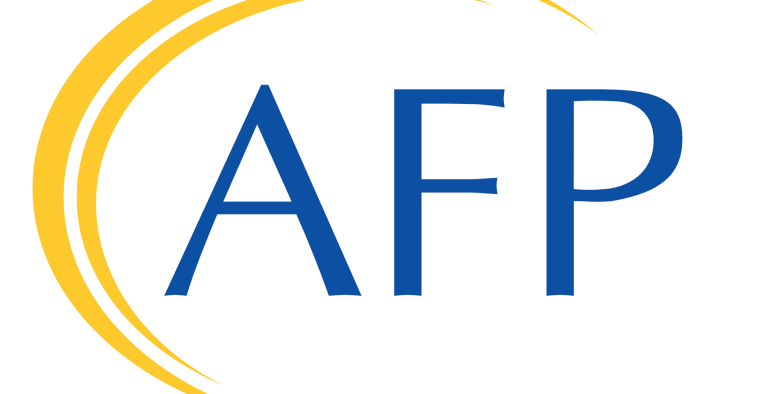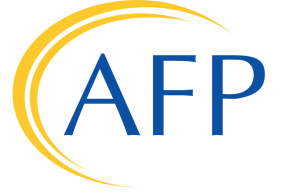AFP Joins Donor Privacy Case Pending at U.S. Supreme Court

The Association of Fundraising Professionals (AFP) is the latest organization to sign on to an amicus curiae (“friend of the court”) legal brief to the Supreme Court of the United States, prepared by The Nonprofit Alliance, to prevent the disclosure of the IRS Form 990 Schedule B listing of a charity’s major donors and protect the privacy of major donors.
The AFP Global Board unanimously voiced its support of the brief during its recent board meeting, and organization officials encouraged all charities to sign onto the brief.

There are currently two similar cases, Americans for Prosperity Foundation v. Becerra, No. 19-251, and Thomas More Law Center v. Becerra, No. 19-255, that have been consolidated for oral argument before the Supreme Court. The cases arose from a relatively new California rule requiring nonprofits to submit an unredacted Schedule B of Form 990 to solicit funds in California. The charities in both cases claim an abridgement of 1st Amendment rights of association.
“These two cases involve so many fundamental aspects of charitable giving and philanthropy in the U.S., including donor privacy and the right to associate and support causes anonymously,” said Mike Geiger, MBA, CPA, president and CEO of AFP. “The positions taken in the amicus brief align with previous AFP positions on donor privacy and disclosure of Schedule B, and I think this is a very important action we are taking to protect fundraising and charitable giving.”
Access to MinistryWatch content is free. However, we hope you will support our work with your prayers and financial gifts. To make a donation, click here.
The full brief, along with information on how to support the brief, can be found at The Nonprofit Alliance webpage. The deadline to sign onto the brief is noon today, Wednesday, Feb. 24.
Schedule B
On Schedule B of the IRS Form 990, charities must list donors’ names, addresses, and amounts given, for all donors who contribute more than $5,000 or 2 percent of a charity’s donations in a tax year (whichever is higher). While Form 990s are subject to public disclosure, the IRS is legally obligated to keep Schedule B information confidential. Both federal, civil, and criminal sanctions are available for improper disclosure, and nonprofits may legally redact such information in their publicly available Form 990s.
The state of California had never before required the Schedule B as part of state filings until 2013, when its attorney general—now Vice President Kamala Harris—changed the policy and demanded copies of Schedule B even though no confidentiality protections existed similar to those applicable to the IRS under federal law. Under this new policy, nonprofits that fail to comply with such disclosure requirements will effectively be deprived of the ability to raise money in California because they will not be considered to have lawfully registered with the state.
Key Issues and Findings
While the cases focus on Schedule B disclosure, the real issue is about donor privacy. “People give for a variety of different reasons in a variety of different ways, and for some of them, privacy and anonymity are essential,” said Kevin J. Foyle, MBA, CFRE, chair of AFP. “Some charitable issues may appear controversial now, but in a decade or two those same issues might become quite commonplace—culture and social norms change,” he said. “Donors funding causes that seem controversial or out of the mainstream now, may wish to remain anonymous. Or, donors may wish to remain anonymous so they don’t receive solicitations from other charities, or for religious reasons, or simply because of personal preference. Regardless of the reason, donors have a First Amendment right to their privacy and anonymity if they wish it.”
The information that California is asking for is overly broad, unnecessary, and easily runs the risk of limiting charitable giving, according to Geiger. “The Court also needs to respect that a charity’s donor list is one of its most valuable assets, and AFP’s own Code of Ethics, the only enforceable ethical code in the profession, places a significant emphasis on donor privacy and confidentiality. If charities cannot ensure donors that their privacy will be respected, then donors may decide not to give.”
This case first ran at The NonProfit Times. It is reprinted with permission.



